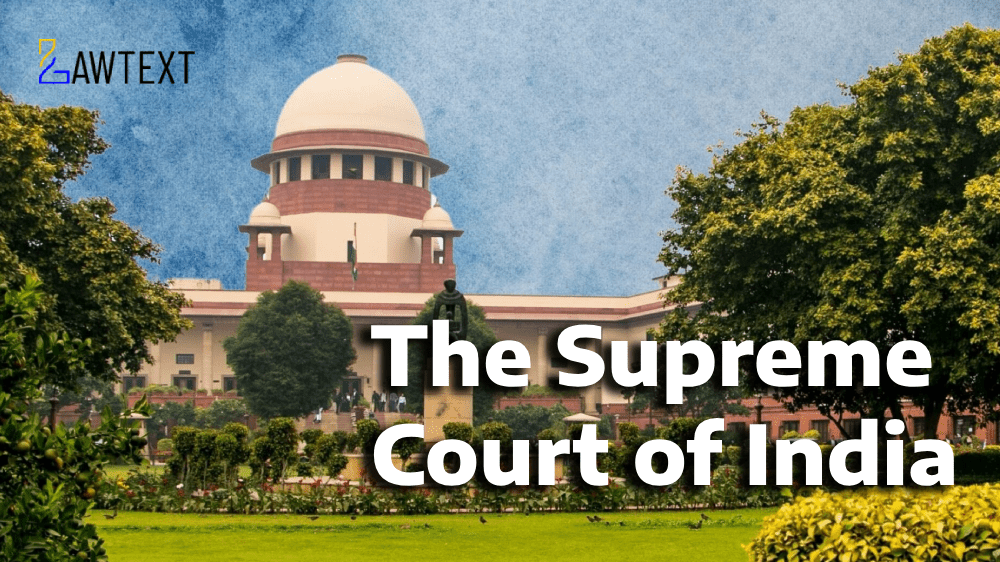

The Supreme Court reviewed the death sentence awarded to the appellant, who was convicted of murdering his pregnant daughter in an apparent honor killing due to her inter-caste marriage. After examining both the aggravating and mitigating circumstances, including the appellant's health, mental condition, and socio-economic background, the Court commuted the death sentence to 20 years of rigorous imprisonment without remission, concluding that it was not a “rarest of rare” case warranting capital punishment.
Facts: Eknath Kisan Kumbharkar was convicted for the murder of his pregnant daughter, Pramila, because she had married against his wishes. He strangled her with a rope in an auto-rickshaw after convincing her to come with him under the false pretext of meeting her ailing grandmother. The trial court sentenced him to death, which was confirmed by the Bombay High Court.
Defense: The defense argued that the prosecution failed to prove a clear motive and raised doubts about the reliability of eyewitness testimony, particularly from PW2 (auto driver), and the non-examination of material witnesses. They also pointed to discrepancies in testimonies and financial disputes between the accused and PW2.
Prosecution: The prosecution successfully established the appellant's guilt, showing that he held a grudge against his daughter for tarnishing his reputation by marrying outside the caste. The evidence of PW1, PW2, and PW3 corroborated the prosecution's case that the appellant premeditated and executed the crime.
Supreme Court Findings: While the Supreme Court upheld the conviction under Sections 302, 316, and 364 of the IPC, it reduced the death sentence, citing mitigating factors such as the appellant's age (38 at the time of the crime), lack of prior criminal record, poor socio-economic background, and his current mental and physical condition.
Ratio Decidendi: The Court held that the case did not meet the threshold of the "rarest of rare" category, which is a prerequisite for the death penalty. The appellant’s potential for reformation and his health conditions were critical factors leading to the reduction of his sentence.
Background of the Case:
Incident Leading to the Crime:
Conviction and Sentencing:
Appeal and Defense Arguments:
Supreme Court’s Examination of Evidence:
Mitigating Circumstances:
Conclusion and Sentence Modification:
The case did not meet the criteria for the "rarest of rare" doctrine essential for upholding a death sentence. The mitigating factors, such as the appellant’s mental health, age, socio-economic circumstances, and behavior in prison, indicated that there was potential for reformation, leading the Court to impose a lesser sentence.
Citation: 2024 LawText (SC) (10) 163
Case Number: CRIMINAL APPEAL NO. of 2024 (ARISING OUT OF THE SPECIAL LEAVE PETITION (CRIMINAL) NO.251 OF 2020)
Date of Decision: 2024-10-16
Case Title: EKNATH KISAN KUMBHARKAR VERSUS STATE OF MAHARASHTRA
Before Judge: (B.R. Gavai J. , Aravind Kumar J. , K.V. Viswanathan J.)
Appellant: EKNATH KISAN KUMBHARKAR
Respondent: STATE OF MAHARASHTRA